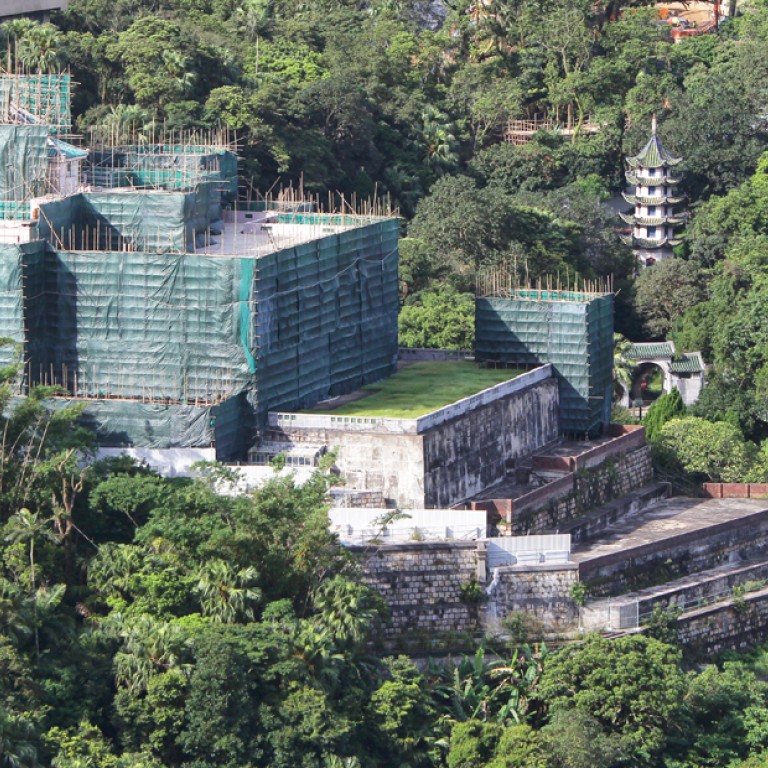
What price heritage? Advisory group to consult on saving historic buildings
Consultation on conservation to raise question of what heritage buildings are worth saving and to what extent public money should be used
Are Hongkongers willing to pay more to conserve privately owned historic buildings? And what constitutes the city's "collective memory" when deciding what is worth saving?
Those are two questions to be raised by the Antiquities Advisory Board when it asks for public views on conservation next month. Its consultation paper is part of a review of heritage policy to gauge views on what should be conserved and how.
Among the questions, sources with knowledge of the consultation say, will be the possibility of extending the scope of legal protection for historic buildings.
Instead of putting forward a concrete idea or a series of options, the sources say the consultation will be open, raising questions to help decide on principles to underpin heritage policy.
The review was prompted by years of debate and controversy over the fate of Ho Tung Gardens, the historic mansion at The Peak recently bulldozed to build flats. The government had proposed declaring the mansion, built by businessman Sir Robert Hotung, one of the first non-Europeans allowed to live at The Peak, a monument. But it was never able to reach agreement with the building's owner, Ho Min-kwan, and baulked at the HK$7 billion price she demanded for the site.
In light of the Ho Tung Gardens case, the board will ask for views on the possibility of spending more public money on incentives for private owners to conserve historic buildings. That could include the government buying historic buildings outright, offering land swaps or subsidising maintenance work.
Owners of buildings given a historic grade are eligible for a subsidy of up to HK$1 million for maintenance. The consultation will ask whether that sum should be increased. It will also ask whether it should be a condition of payments that the public have some access to the building.
At an earlier stage of the review, consultants suggested a self-financing heritage trust to fund maintenance schemes and work with non-profit groups on revitalising government-owned heritage sites. But the report also said such a proposal "requires consensus among stakeholders". The upcoming paper will seek residents' views on the idea.
As well as financial aspects, the paper will consider what Hongkongers want to conserve.
"While the ages of buildings are objective facts and their architectural merits can be assessed by experts by relatively common standards, [the question of] what constitute 'collective memories' which make some buildings worth conserving and others not is abstract," said one of the sources.
The question has often been at the crux of debates over heritage - from the demolition of the Queen's Pier and Star Ferry Pier to the decision last year to spare the west wing of the former government headquarters. The public will be asked what the principles should be when deciding which buildings are part of the city's "collective memories".
The paper will also address the issue of whether the scope of conservation should be limited to buildings, the streets on which they sit or their surrounding area, according to another source.
